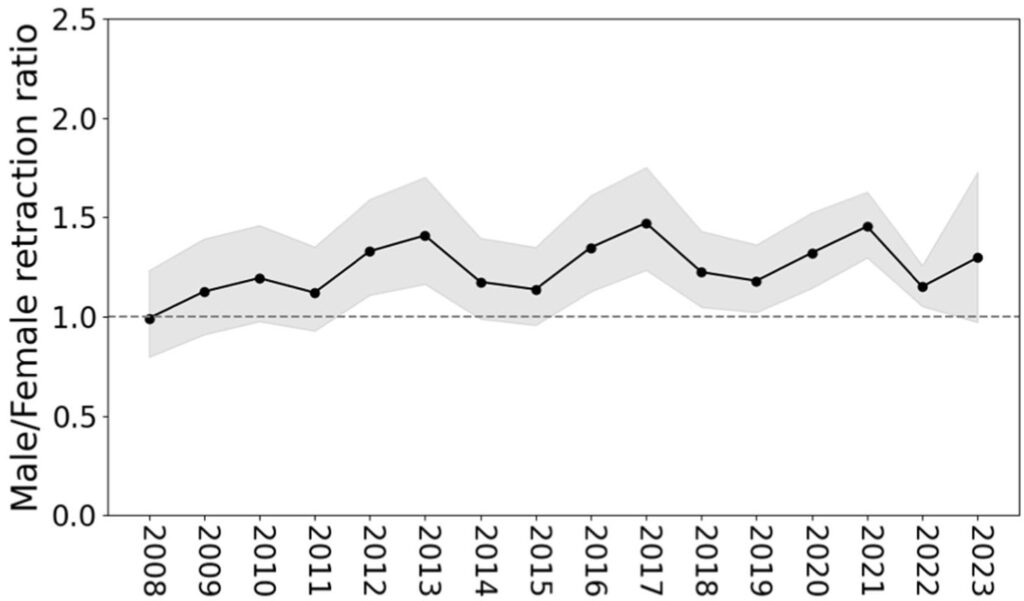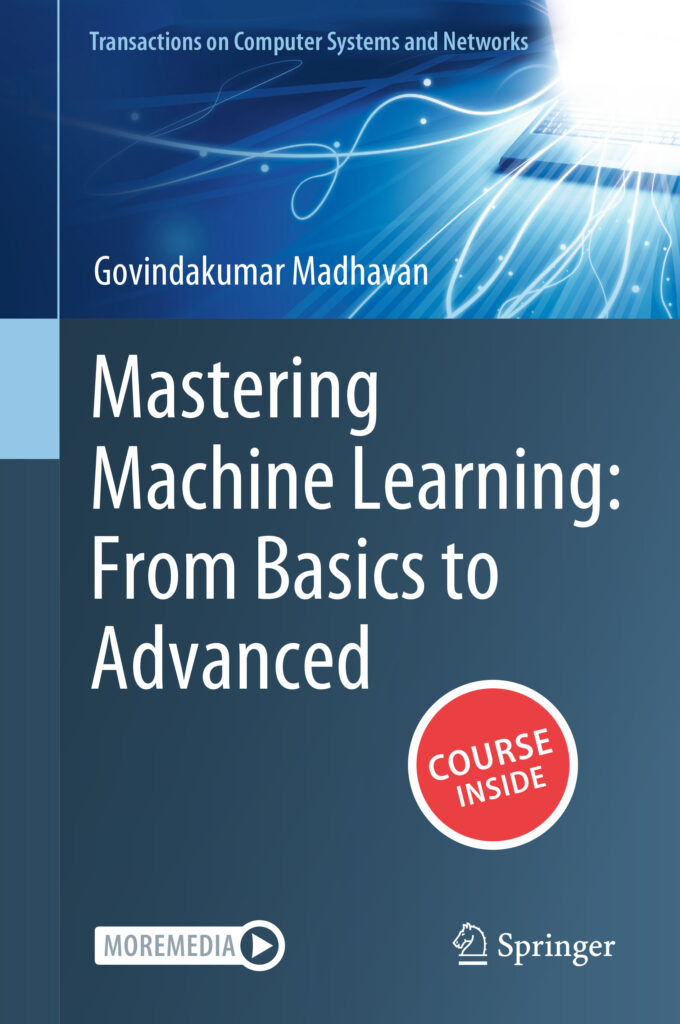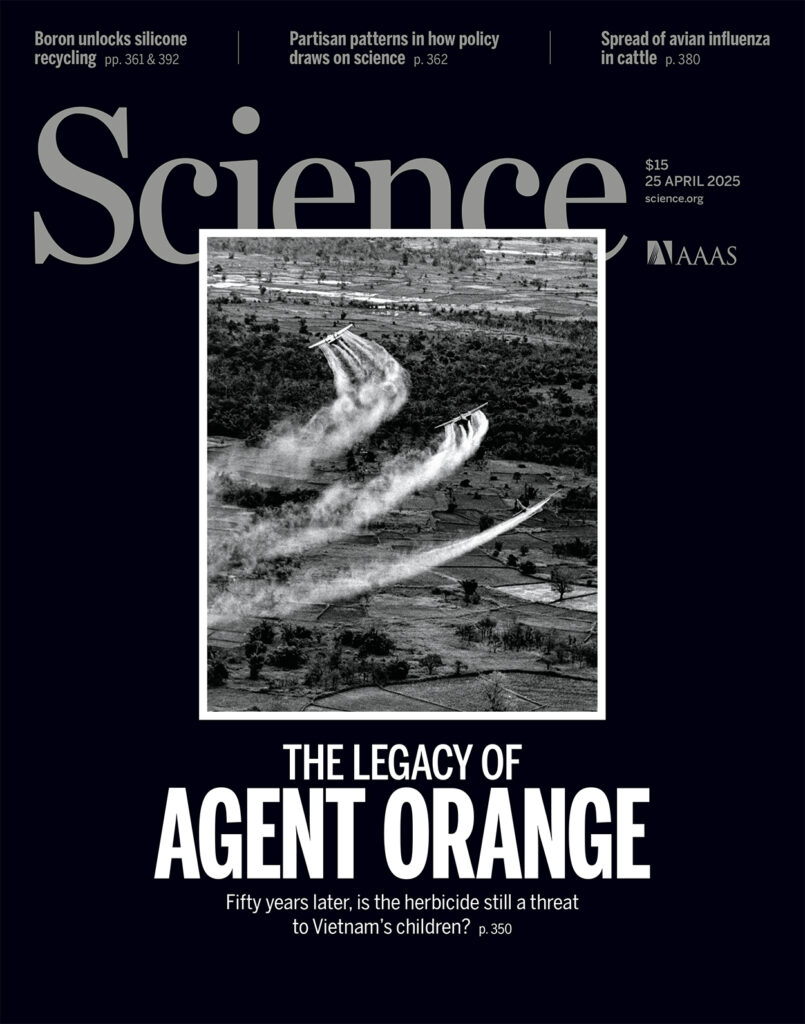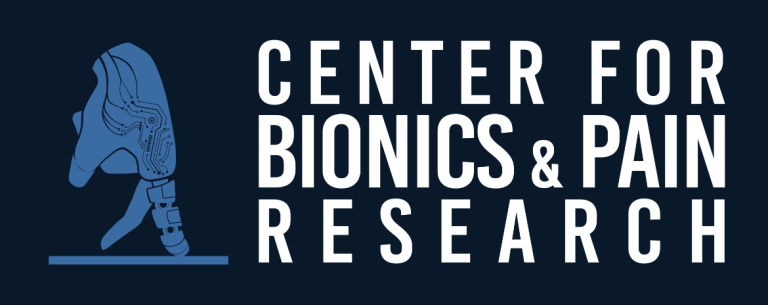
Dear RW readers, can you spare $25?
The week at Retraction Watch featured:
- Springer Nature book on machine learning is full of made-up citations.
- Do men or women retract more often? A new study weighs in.
- Chinese basic research funding agency penalizes 25 researchers for misconduct.
- Remembering Mario Biagioli, who articulated how scholarly metrics lead to fraud.
Our list of retracted or withdrawn COVID-19 papers is up past 500. There are more than 60,000 retractions in The Retraction Watch Database — which is now part of Crossref. The Retraction Watch Hijacked Journal Checker now contains more than 300 titles. And have you seen our leaderboard of authors with the most retractions lately — or our list of top 10 most highly cited retracted papers? What about The Retraction Watch Mass Resignations List?
Here’s what was happening elsewhere (some of these items may be paywalled, metered access, or require free registration to read):
Continue reading Weekend reads: Problematic papers prompt submission pause; HHS walks back Springer Nature cancellation; and hidden prompts for positive peer reviews






